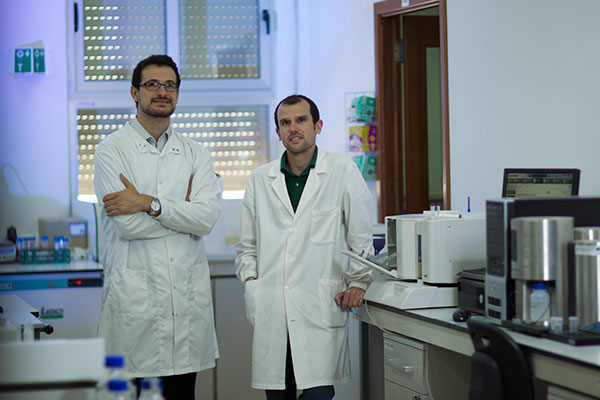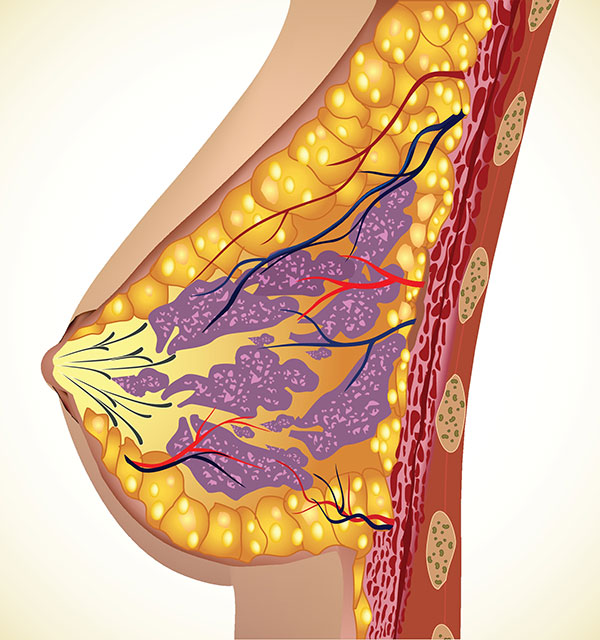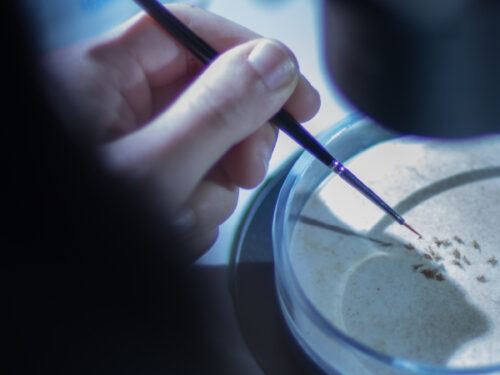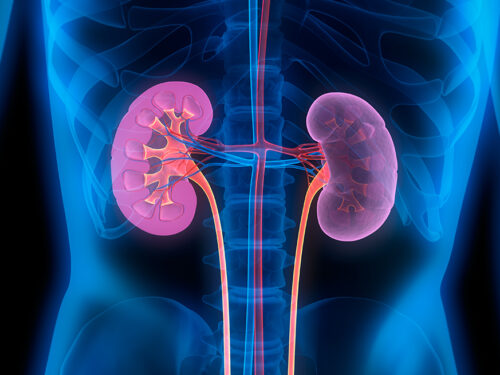
Breast Cancer s more than waving pink boas. The diagnosis crushes the world of the patient and signals the start of an uphill battle. The fight to survive before the affliction metastasizes and invades the rest of the body is jarring not only for the survivor but also the friends and family offering care.
While bust solving the mysteries behind breast cancer, the Laboratory of the Department of Pathology, in collaboration with the Laboratory of Molecular Genetics of the Department of Physiology and Biochemistry has developed a novel test to classify breast cancer patients into known and new types to help with selecting the right therapy. The research groups were led by Dr Godfrey Grech (Department of Pathology) and Prof Christian Scerri (Department of Physiology and Biochemistry).
The test is based on a technology from Affymetrix and uses knowledge that originates from the research programme utilising patient material from Malta, including from the Department of Pathology and the Department of Surgery, Mater Dei Hospital, and other sources from international collaborators including Erasmus Medical Centre, Rotterdam, the Netherlands and Leeds Institute of Cancer and Pathology, UK.

This research group was the recipient of various funds from the Faculty of Medicine and Surgery at the University of Malta and are at present one of the partners in an Italia-Malta Programme Cohesion Policy 2007-2013 (Part of the European Regional Development Fund – ERDF programme) called ImGenX (www.imagenx.eu).
The research has also been instrumental in a number of undergraduate and postgraduate training programmes with two Ph.D. scholarships being facilitated by the Research Trust through the efforts of ALIVE Charity Foundation and Action for Breast Cancer Foundation.
While busy solving the mysteries behind breast cancer, the Laboratory of Molecular Pathology of the Department of Pathology, in collaboration with the Laboratory of Molecular Genetics of the Department of Physiology and Biochemistry has developed anovel test to classify breast cancer patients into known and new types to help with selecting the right therapy. The research groups were led by Dr Godfrey Grech (Department of pathology) and Prof. Christian Scerri (Department of Physiology and Biochemistry).
the test is based on a technology from Affymetrix and uses knowledge that originate from the research programme utilising patient material from Malta, including from the Department of Pathology and the Department of Surgery, Mater Dei Hospital, and other sources from international collaborators including Erasmus Medical Centre, Rotterdam, the Netherlands and Leeds institute of Cancer and Pathology, UK.
Thi sresearch group was the recipient of various funds from the Faculty of Medicine and Surgery at the University of Malta and are at present one of the parteners in an Italia-Malta Programme Cohesion Policy 2007-2013 (Part of the European Regional Development Fund-ERDF programme) called ImGenX (www.imagenx.eu).
The research has also been instrumental in a number of undergraduate and postgraduate training programmes with two Ph.D. scholarships being facilitated by the Research Trust through the efforts of ALIVE Charity Foundation and Action for Breast Cancer Foundation.






